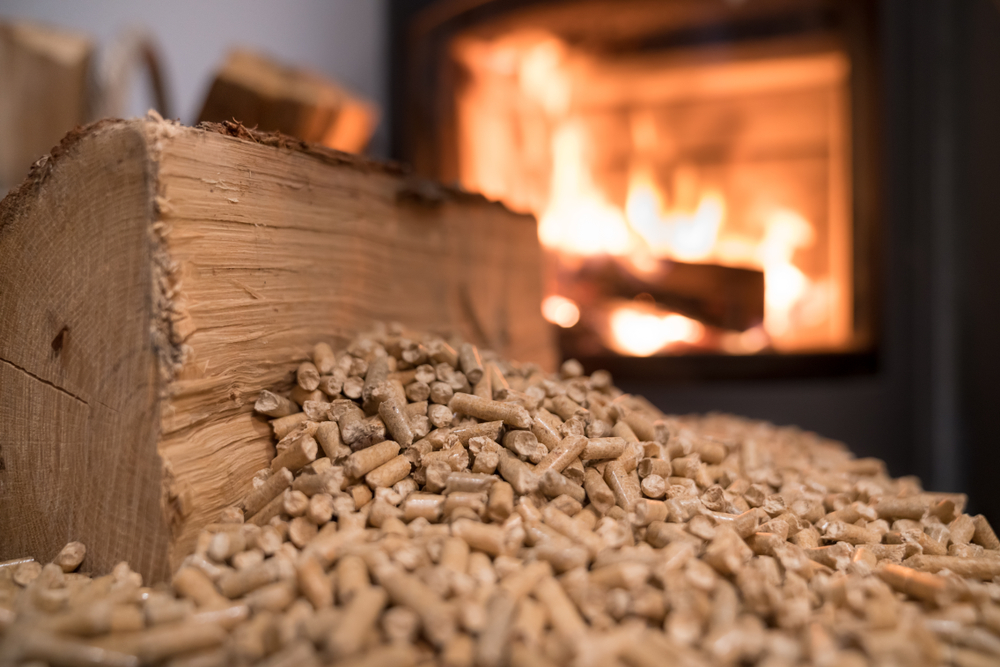The plan said government would refresh the plan every five years, a commitment set into law in the Environment Act 2021. The Environmental Improvement Plan represents the first such review of the 25YEP. It reinforces the intent of the 25YEP: where the 25YEP set out the framework and vision, the document sets out the plan to deliver.
To achieve its vision, the 25YEP set ten goals. Government has continued to use these ten goals as the basis for this document: setting out the progress made against all ten, the specific targets and commitments made in relation to each goal, and our plan to continue to deliver these targets and the overarching goals.
The goals contained in the plans include:
- Thriving plants and wildlife
- Clean air
- Clean and plentiful water
- Managing exposure to chemicals and pesticides
- Maximise our resources, minimise out waste
- Using resources from nature sustainably
- Mitigating and adapting to climate change
- Reduced risk of harm from environmental hazards
- Enhancing biosecurity
- Enhancing beauty, heritage and engagement with the natural environment
Our industry focus on the plan is within goal 2, clean air. Air quality in the UK has improved significantly in recent decades with a decrease in all five major air pollutants.
Between 2010 and 2020 emissions of fine particulate matter (PM2.5) decreased by 18%; emissions of nitrogen oxides (NOx) decreased by 44%; sulphur dioxide (SO2) by 70%, non- methane volatile organic compounds (NMVOC) by 14%, and ammonia (NH3) by 0.2%. These reductions have produced significant benefits for our health and environment.
To continue to drive down emissions government intends to focus on the most polluting sectors. Data from 2020 indicates that, in the UK, emissions from the home, agriculture, industry and transport combined contributed 85% of PM2.5, 87% of NO2 and 90% of NH3 emissions to the air.
The Environmental Improvement Plan clearly states that the government is not considering a ban on domestic burning in England and it recognises that some households are reliant on solid fuel burning for heating, hot water and cooking. Additionally, a ban on domestic outdoor burning would be considered disproportionate.

Building on the 2019 Clean Air Strategy and Environment Act, the report outlines further measures relating to clean air and emissions from the home. These include:
- Tighten the limits that new stoves in Smoke Control Areas must meet, reducing the limit from 5g of smoke per hour to a maximum of 3g.
- Extend the solid fuels legislation, including to fuels burned outside. This would provide consistency in the market making it easier for consumers, improve compliance with legislation and improve air quality. This would not introduce new requirements for traditional fuels used for barbecues, such as charcoal.
- Design and implement measures to drive a shift away from older, more polluting appliances, to newer appliances which meet our tough new emission standards.
- Look at the option of extending the solid fuels legislation to fuels burnt outside – this would provide consistency in the market making it easier for consumers, improve compliance with legislation and improve air quality. This would not introduce new requirements for traditional fuels used for barbecues, such as charcoal.
Further to the plans, Cleaner Safer Group will continue to work with Defra and other organisations as they develop a targeted communications campaign to promote best practice use of wood stoves and fireplaces by utilising cleaner and more efficient fuels, and techniques to reduce exposure to pollutants. Advice Hubs on best practice are available on the HETAS and Woodsure websites.
Over the last twelve months HETAS has developed its product approval scheme to better support these government initiatives, and has implemented the Cleaner Choice certification scheme for stoves, boilers and biomass systems. Appliances listed on the scheme already demonstrate at least a 50% improvement on the current particulate limits for exemption, and would continue to do so against the new limits proposed when measured using the more robust test methodology recognised within the UK. This highlighting our commitment to identifying appliances that meet and exceed current particulate emission legislative requirements alongside safety, with a wide number of appliances now meeting the Cleaner Choice standard.
For fuels, Ready to Burn certified fuels have become recognised as the environmentally responsible choice when choosing fuels for immediate use in reducing our impacts on air quality. The Environment Improvement Plan identifies that burning a dry log can reduce emissions by 50% when compared to a log which has not been dried, and when burned in a Cleaner Choice appliance can reduce these impacts further. HETAS (for MSF) and Woodsure (for wood) will continue to administer the Ready to Burn certification schemes, ensuring listed fuels meet the necessary standards through independent assessment and promote cleaner burning.
Cleaner Safer Group look forward to further supporting government in achieving its goals outlined in the Environment Improvement Plan and the Environment Act. We will continue to work with and across, industry, consumers and Local Authorities to help achieve clean air objectives. In the short term we await the announcement of government reports including the Biomass Strategy, Defra’s Emissions of air pollutants report, Defra’s Air Quality Statistics report and the National Atmospheric Emissions Inventory (NAEI).
Cleaner Safer Group, working together for a cleaner safer and more sustainable environment.
The complete Environmental Improvement Plan 2023 is available to view on the government’s asset publishing website.
Related Posts
Defra’s emissions of air pollutants publication 2024
Defra has published its latest data on emissions of air pollutants in the UK, with the publication containing statistics on annual emissions for the period 1970 to 2022.
The role of Cleaner Safer Group in ‘Progress in improving the natural environment in England 2022/23’
The Office for Environmental Protection recently published their progress report of government’s stated ambitions and goals for the environment, relating to the 25 Year Environment Plan and the Environmental Improvement Plan 2023.